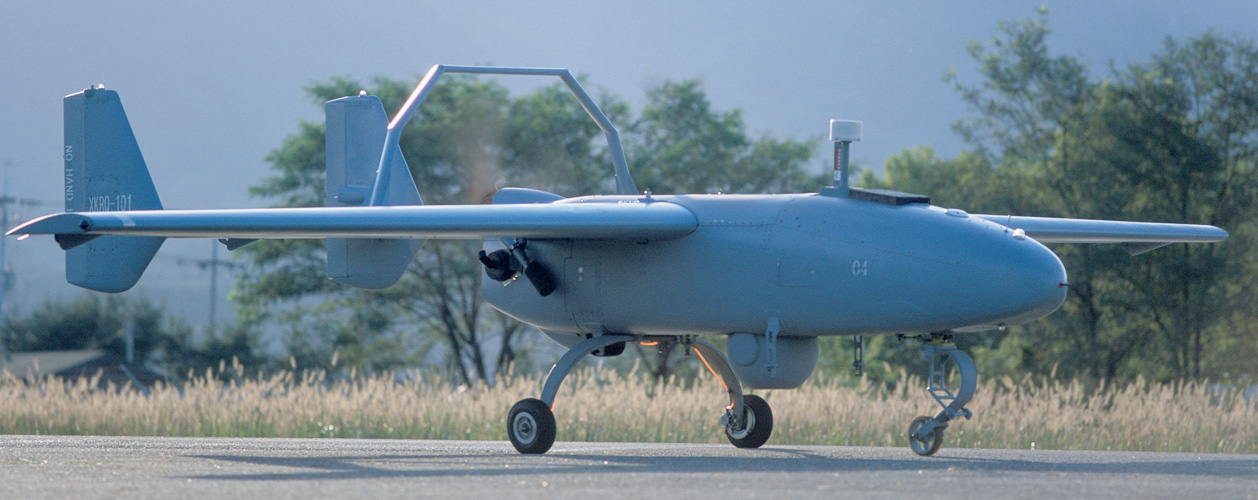South Korea to Invest KRW42 billion in Counter Drone Tech by 2025
South Korea will spend KRW42 billion ($37.6 million) by 2025 to develop a response system to counter illegal drones amid growing security threats from the fast-developing technology.
A consortium of 23 companies and research institutes ― which includes the Korea Atomic Energy Research Institute, the Korea Aerospace Research Institute and aerospace and defence firm LIG Nex1 Co. ― will develop a response system that tracks and neutralises illegal unmanned aircraft, according to a report by Yonhap quoting the Ministry of Science and ICT.
The ministry said such drones pose security threats to major public infrastructure and facilities, such as airports and nuclear power plants, given recent advances in technologies, such as artificial intelligence and swarm robotics.
The ministry said current response systems against illegal drones are ground-based technologies and that the consortium will develop an aerial system by developing patrol drones that can detect illegal counterparts and neutralise them by either physical means, such as firing a net, or by hijacking its control system. The ministry said it will work with the Ministry of Trade, Industry and Energy and the National Police Agency for the project, with KRW6.6 billion set aside for this year.
Meanwhile, it was reported that the military plans to deploy suicide unmanned aerial vehicles (UAVs) and gun-shooting drones on a trial basis this year under a rapid acquisition project aimed at better responding to fast-evolving future battle environments. The Defence Acquisition Programme Administration said it has signed contracts with companies to acquire three types of advanced attack drones ― the suicide UAVs, drones that fire guns at ground targets and small-sized drones with surveillance and attack functions.
At the DX Korea defence exhibition in November last year, South Korea’s Hanwha Corporation displayed a new range of laser weapon systems that can take down enemy UAVs of various sizes and categories. The company said laser-based anti-aircraft weapon is a new concept of armament to shoot down small aerial targets, including mini-drones and multi-copter.
Fears about potential unmanned attacks have lingered for years in South Korea since South Korean military authorities discovered crashed North Korean drones in border areas, including the front-line island of Baengnyeong in 2014, the Yonhap report said. shp/adj/mgm (Image: KAI)


